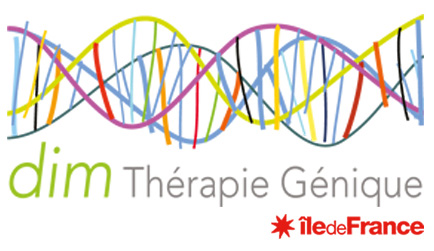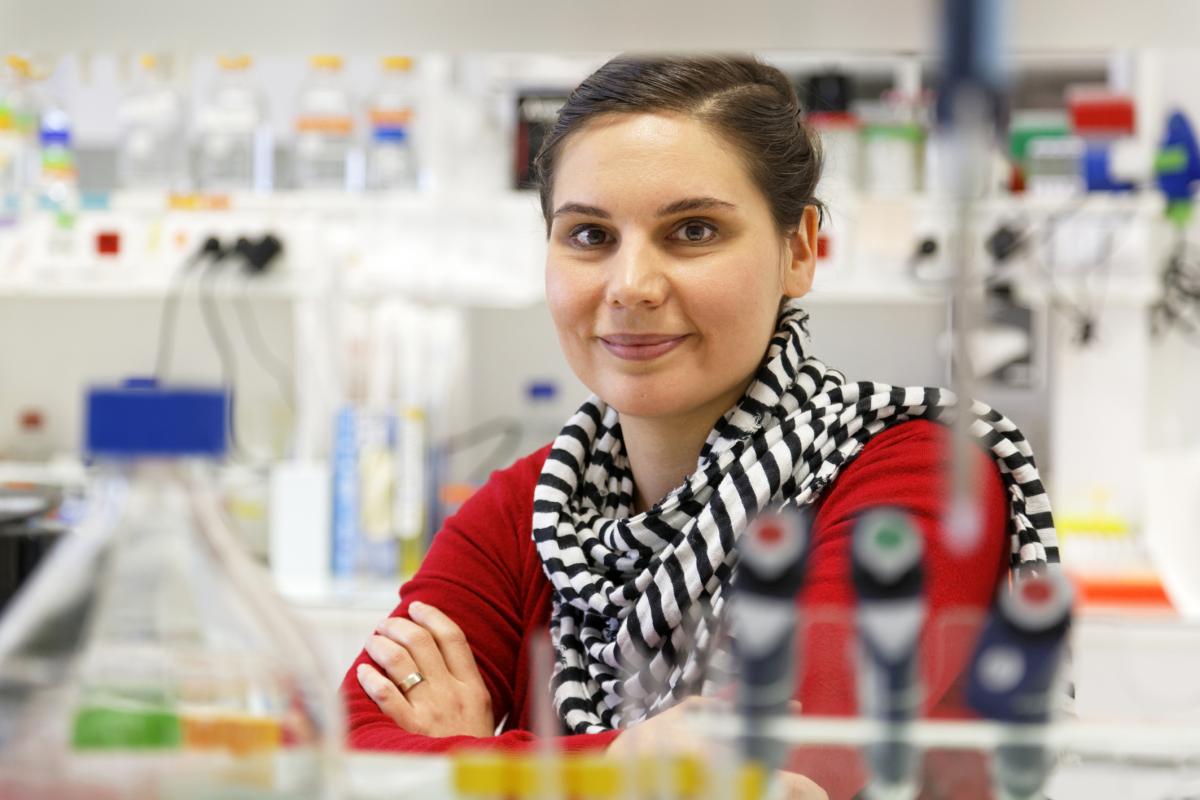Since 2012, Dr. Deniz Dalkara, Inserm Research Director at the Institut de la Vision, has focused her research on inherited retinal degenerations. After the recent promising results obtained on curing blindness, and co-financed by the DIM Thérapie Génique, the Paris Region is now honoring Dr. Dalkara with the 2021 Innovators Award.
For the second time, the Innovators Award honors 3 researchers from the Paris Region for the exceptional quality of their research work in the biomedical field. This award aims to encourage, support and promote research, technology transfer and the emergence of health innovations with a remarkable societal and public health impact.
Medical need in pathologies of inherited retinal degenerations
Among the laureates, Dr. Deniz Dalkara, researcher in “Gene therapies and animal models for neurodegenerative diseases” laboratory, INSERM, CNRS, Sorbonne University, at the Institut de la Vision in Paris, has been distinguished for her promising results on inherited retinal degenerations. One of the most well-known retinal pathologies, retinitis pigmentosa is a genetic disease that makes people blind before the age of 40, due to the loss of photoreceptors, cells in the eye that are essential for vision. Although it affects 1.5 million people worldwide, treatment options for retinitis pigmentosa are currently limited.
Combining several powerful technologies to restore vision
In the retina, photoreceptors are cells specializing in light detection. They are made up of photosensitive pigments called opsins, which capture the light signal and transform it into a biological signal, which is then transmitted through the optic nerve to the brain for visual recognition. In patients with retinitis pigmentosa, having lost their photoreceptors, light sensitivity and signal transmission are no longer possible.
Within her laboratory, Dr. Dalkara and her team combine the power of several approaches to develop effective gene therapies for the treatment of retinal degenerative diseases. The first approach is cell therapy, which involves replacing dying photoreceptors with new ones from human induced pluripotent stem cells (adult cells that have been genetically reprogrammed to an embryonic stem cell-like state). However, these replacement photoreceptors have difficulties to form the protuberances (the outer segments) which contain the opsins essential for the light detection. To restore light sensitivity, Dr. Dalkara uses optogenetics, a form of gene therapy, to introduce microbial opsins into the new photoreceptors.
After transplantation of these modified photoreceptors into blind mice, they observed light-driven responses at the retinal and behavioural levels originating from graft. These results demonstrate that the structural and functional photoreceptor repair is possible by combining two technologies, cell therapy and optogenetics.
Gamut Therapeutics for preclinical and clinical development
These innovative results, published in Nature Communications in 2019, led to the creation of Gamut Therapeutics, a spin-off of the Institut de la Vision. Gamut’s creation has enabled it to raise funds from Advent France Biotechnology and to progress on the preclinical development stage, with the ultimate hope of one day, seeing on the market, a treatment that will restore sight to patients with inherited retinal degenerations.


